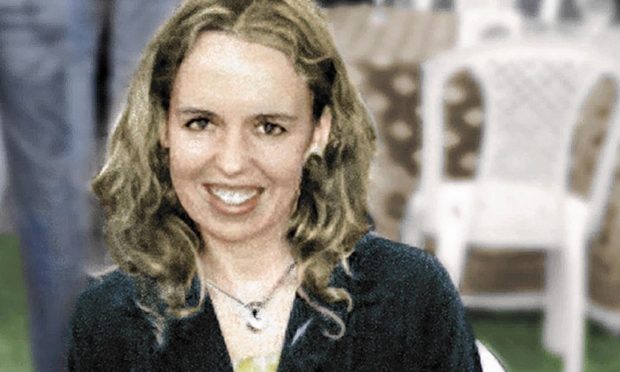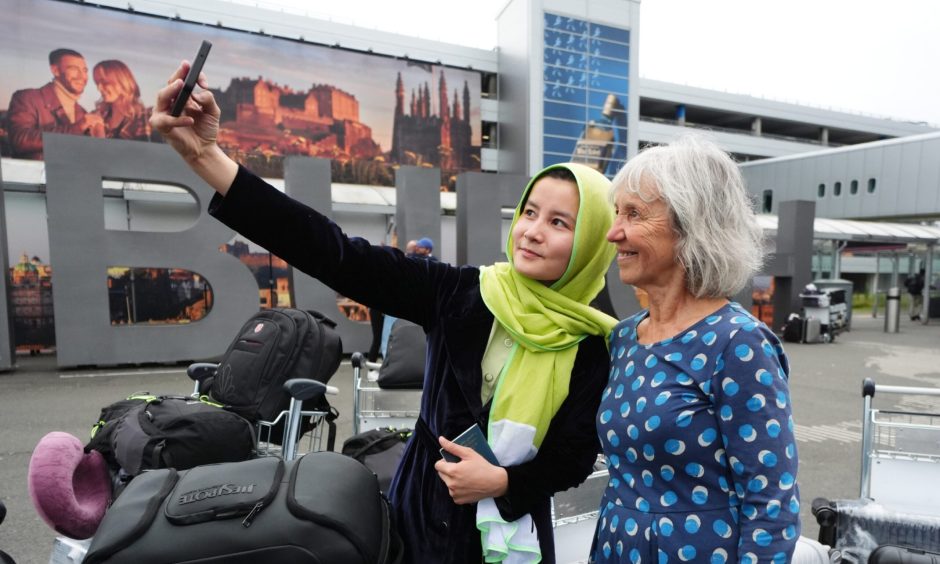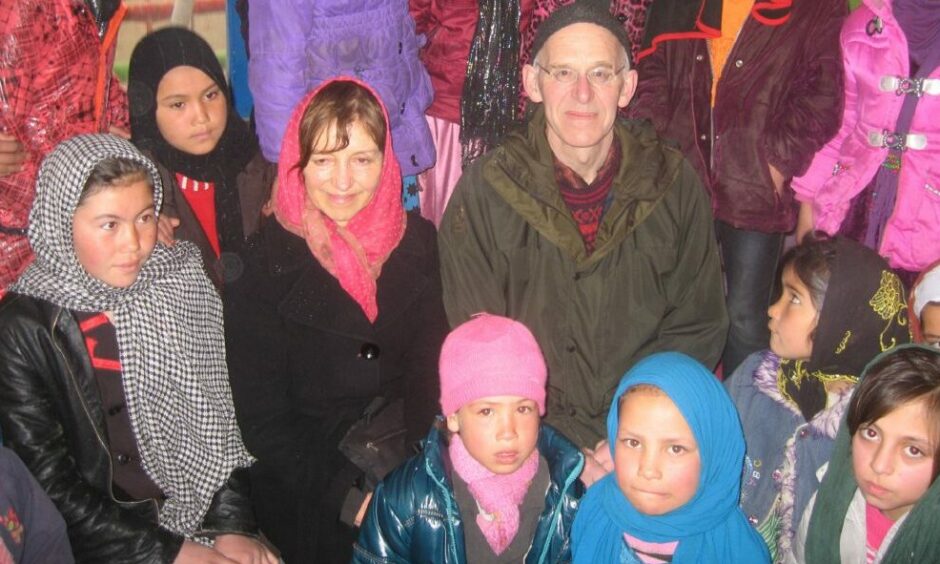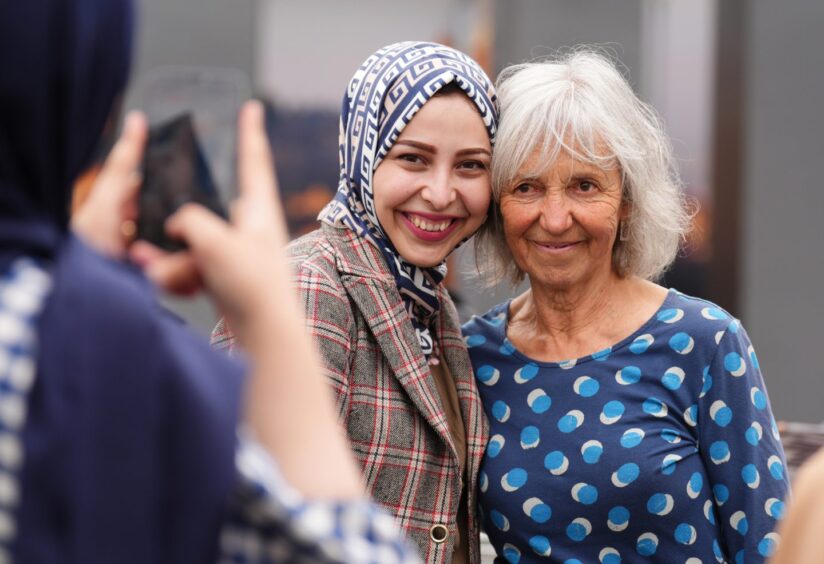The parents of Linda Norgrove, the Western Isles aid worker killed in Afghanistan in 2010, reveal they considered suing the US military after her death – but quickly found a positive way to honour her legacy.
Speaking on our weekly podcast, The Stooshie, John and Lorna Norgrove recall their daughter’s life and work weeks after a foundation set up in her name helped bring a group of 19 Afghan women go to universities including Aberdeen.
“Linda would have been delighted to see these students come across and see them get the opportunity they’re having,” John tells us.
“She always believed very strongly in education for women because she felt it not only gave the women a life but also changed the lives of the women’s children.”
Kidnapped in Afghanistan
Linda was working in Afghanistan to support women in the war-torn country when she was kidnapped.
She was killed during an attempted rescue involving the US military.
Since then, a foundation in her name has continued to support women.
But the Taliban’s return to power led to a brutal crackdown on women’s rights and life in public.
With no education on offer, the foundation managed to bring students to Scotland where they have now started education in Aberdeen, Dundee, St Andrews and Glasgow.
Linda had studied in Aberdeen before going to work around the world.
On the podcast, her parents describe how they used to go travelling as a young family over summers, fostering a sense of adventure in Linda as a school girl on the Isle of Lewis.
But when it came to her deciding to work in Afghanistan, they were worried.
“We weren’t very happy,” says John.
But Lorna points out she and her husband travelled overland to Afghanistan in the 1970s after getting married – and they loved it.
“She did love it,” says Lorna.
“She made lots of friends, but at the same time I think we both felt no, please it’s not a particularly safe country to go to.
“She was determined and that was what she wanted to and she was actually happy there.”
‘We could have sued US military’
Describing the events after the attempted rescue in 2010, John says US military killed people fleeing, leaving women behind alone in the rural community.
“We thought we’d like to help these women,” he says.
“Eventually it wasn’t possible because it was just too dangerous to go there. Afghans had been killed in the search for Linda.
“We could have sued the American military but we didn’t really want to be in the scenario where we were victims. We wanted to make something of it.
“That’s why we started the foundation. It was the right decision.
“It was an awful thing to happen to us but there have been positive things.”
Around 90 women were being supported in Afghanistan by the foundation. That eventually led to 19 students coming to Scotland.
Looking to the future, Johns says: “We always have to have hope, but it’s not looking very hopeful at the moment with the way the latest restrictions from the Taliban have come across.”
But he still hopes the current hardline regime will lead to something better, if people take a difficult “nuanced” approach.
“Afghanistan was invaded by Russians in the late 1970s, and had 40-odd years of wars,” he says.
“Now it’s an Afghan country run by Afghans and that’s a positive thing.”
Listen to the full 20-minute episode on The Stooshie here today.




Conversation